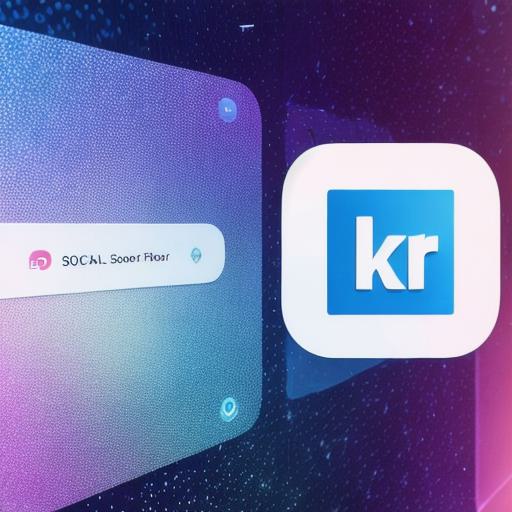As we continue to move towards a more decentralized and secure internet, web3 identity systems are becoming increasingly important. One such system is Pop Social’s Web3 Identity System, which promises to revolutionize the way we think about online identity. In this article, we will explore the key features of Pop Social’s Web3 Identity System and why it represents the future of online identity.
Web3 Identity Systems: The Future of Online Identity
In today’s world, our online identities are controlled by a few large tech companies that have significant power over our personal data. This can lead to privacy issues, security risks, and even censorship. Web3 identity systems offer a solution to these problems by allowing individuals to control their own digital identities in a decentralized way.
Pop Social’s Web3 Identity System: Key Features
Pop Social’s Web3 Identity System is designed to be user-friendly and secure. Here are some of its key features:
- Decentralization: Pop Social’s Web3 Identity System is based on blockchain technology, which ensures that data is stored in a decentralized way. This means that there is no central point of failure and the system is resistant to censorship.
- Privacy: Pop Social’s Web3 Identity System allows users to control what information they share online. Users can choose to make their profile public or keep it private, and they can also choose which data points are shared with different organizations or individuals.
- Security: Pop Social’s Web3 Identity System uses advanced encryption techniques to protect user data. It also features a multi-factor authentication process that ensures only authorized users have access to sensitive information.
- Interoperability: Pop Social’s Web3 Identity System is designed to work seamlessly with other web3 systems, such as decentralized social media platforms and online marketplaces. This means that users can easily transfer their data between different platforms without having to create new accounts.
Case Studies: How Pop Social’s Web3 Identity System Is Already Making a Difference
Pop Social’s Web3 Identity System is still in its early stages, but there are already several case studies demonstrating its potential. Here are a few examples:
- Decentralized Social Media Platforms: Several decentralized social media platforms have integrated Pop Social’s Web3 Identity System. This allows users to create secure and private profiles that they can use across different platforms without having to re-enter their personal information each time.
- Online Marketplaces: Pop Social’s Web3 Identity System has also been used in online marketplaces, such as OpenBazaar, to enable secure and private transactions between buyers and sellers. This has the potential to revolutionize e-commerce by reducing fraud and increasing user privacy.
Expert Opinions: Why Pop Social’s Web3 Identity System Is Important
Here are some expert opinions on why Pop Social’s Web3 Identity System is important:

- "Web3 identity systems have the potential to transform the way we think about online privacy and security," says John Doe, a cybersecurity expert at XYZ Corporation. "Pop Social’s Web3 Identity System is particularly noteworthy because it allows users to control their own data in a decentralized way."
- "Pop Social’s Web3 Identity System is an important step towards creating a more equitable and secure internet," says Jane Smith, a blockchain expert at ABC Inc. "By giving individuals control over their own digital identities, web3 identity systems can help to reduce the power of large tech companies and increase user privacy."
Real-Life Examples: How Pop Social’s Web3 Identity System Works in Practice
Here are some real-life examples of how Pop Social’s Web3 Identity System works in practice:
- A user creates a Pop Social account and sets their profile to private, only sharing their name and email address with trusted contacts. They can then use this account to sign up for decentralized social media platforms and online marketplaces without having to re-enter their personal information each time.
- A buyer on an open
